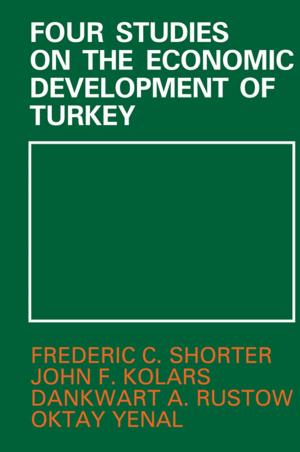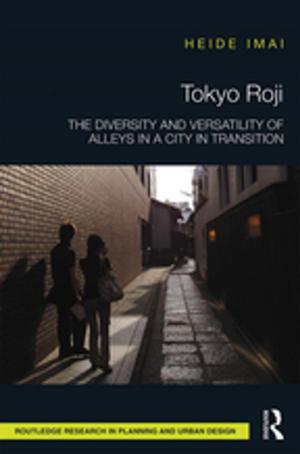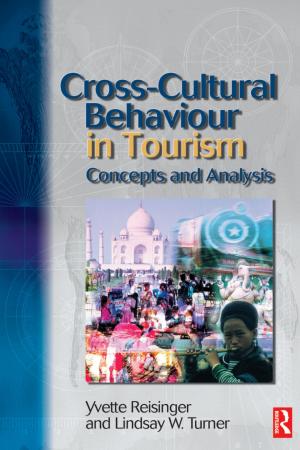Postcolonial Readings of Music in World Literature
Nonfiction, Entertainment, Music, Fiction & Literature, Literary Theory & Criticism, Social & Cultural Studies, Political Science| Author: | Cameron Fae Bushnell | ISBN: | 9781136264634 |
| Publisher: | Taylor and Francis | Publication: | December 12, 2012 |
| Imprint: | Routledge | Language: | English |
| Author: | Cameron Fae Bushnell |
| ISBN: | 9781136264634 |
| Publisher: | Taylor and Francis |
| Publication: | December 12, 2012 |
| Imprint: | Routledge |
| Language: | English |
This book reads representations of Western music in literary texts to reveal the ways in which artifacts of imperial culture function within contemporary world literature. Bushnell argues that Western music’s conventions for performance, composition, and listening, established during the colonial period, persist in postcolonial thought and practice. Music from the Baroque, Classical, and Romantic periods (Bach through Brahms) coincides with the rise of colonialism, and Western music contains imperial attitudes and values embedded within its conventions, standards, and rules. The book focuses on the culture of classical music as reflected in the worlds of characters and texts and contends that its effects outlast the historical significance of the real composers, pieces, styles, and forms. Through examples by authors such as McEwan, Vikram Seth, Bernard MacLaverty, Chang-rae Lee, and J.M. Coetzee, the book demonstrates how Western music enters narrative as both acts of history and as structures of analogy that suggest subject positions, human relations, and political activity that, in turn, describes a postcolonial condition. The uses to which Western music is put in each literary text reveals how European art music of the seventeenth through the nineteenth centuries is read and misread by postcolonial generations, exposing mostly hidden cultural structures that influence our contemporary understandings of social relations and hierarchies, norms for resolution and for assigning significance, and standards of propriety. The book presents strategies for thinking anew about the persistence of cultural imperialism, reading Western music simultaneously as representative of imperial, cultural dominance and as suggestive of resistant structures, forms, and practices that challenge the imperial hegemony.
This book reads representations of Western music in literary texts to reveal the ways in which artifacts of imperial culture function within contemporary world literature. Bushnell argues that Western music’s conventions for performance, composition, and listening, established during the colonial period, persist in postcolonial thought and practice. Music from the Baroque, Classical, and Romantic periods (Bach through Brahms) coincides with the rise of colonialism, and Western music contains imperial attitudes and values embedded within its conventions, standards, and rules. The book focuses on the culture of classical music as reflected in the worlds of characters and texts and contends that its effects outlast the historical significance of the real composers, pieces, styles, and forms. Through examples by authors such as McEwan, Vikram Seth, Bernard MacLaverty, Chang-rae Lee, and J.M. Coetzee, the book demonstrates how Western music enters narrative as both acts of history and as structures of analogy that suggest subject positions, human relations, and political activity that, in turn, describes a postcolonial condition. The uses to which Western music is put in each literary text reveals how European art music of the seventeenth through the nineteenth centuries is read and misread by postcolonial generations, exposing mostly hidden cultural structures that influence our contemporary understandings of social relations and hierarchies, norms for resolution and for assigning significance, and standards of propriety. The book presents strategies for thinking anew about the persistence of cultural imperialism, reading Western music simultaneously as representative of imperial, cultural dominance and as suggestive of resistant structures, forms, and practices that challenge the imperial hegemony.















